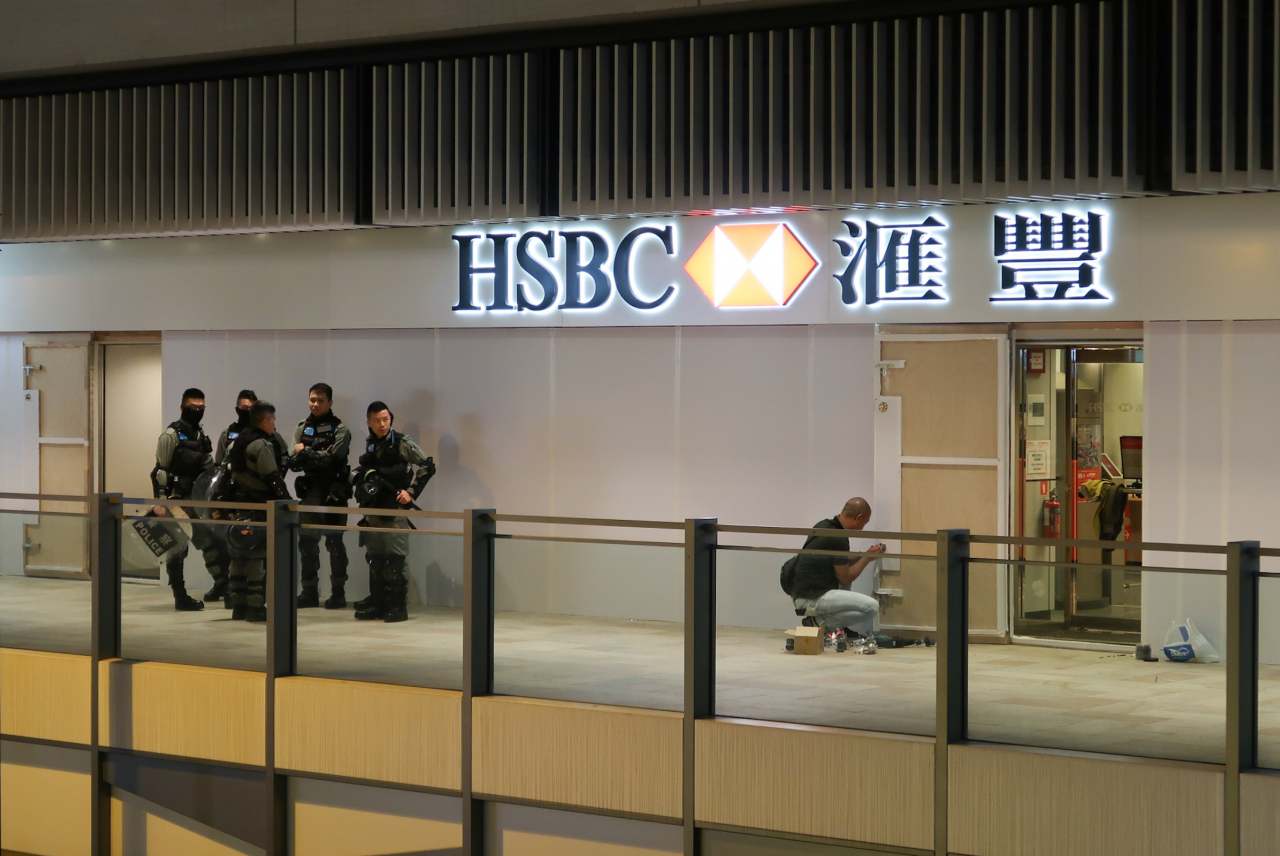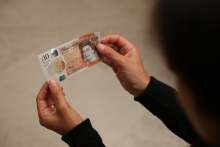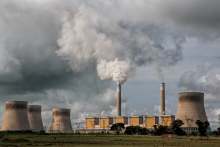HSBC
HSBC is the fourth largest banking group in the UK. Below we run down just a few of the recent criticisms levelled against the company.
Biggest gender pay gap for UK banks
Women at HSBC earn on average just 52p for every £1 paid to male colleagues, according to the company’s 2020 gender pay gap report. HSBC has the worst gender pay gap among UK banks. The bank says that the gap has been driven by the fact that fewer women are in better-paid leadership roles.
Support for China’s oppression of Hong Kong
HSBC has publicly backed China’s anti-democratic legislation in Hong Kong. The company’s top executive in Asia signed a petition in support of a new National Security Bill in June, with the company sharing a photo on social media.
The new law means that any person seen as ‘undermining national unification’ with China faces up to a lifetime in prison.
The law – which has been widely condemned – seeks to quash pro-Independence protests seen in Hong Kong over the last year. At least 24 people had been arrested under the legislation at the time of writing, including four students between the ages of 15 and 21 and pro-democracy media mogul Jimmy Lai.
Hundreds more have been arrested under other legislation at protests against its introduction. The law is part of a wider crackdown on political opposition, as part of which 12 pro-democracy candidates have been disqualified from the upcoming election.
Financing Israeli appartheid
HSBC has been criticised for its financing of companies that sell arms and military equipment to Israel that have been used in the oppression of Palestinians. In July 2017, War on Want released a report which found that HSBC had provided £19.3 billion in loans to and held £832 million in shares for companies supplying Israel with arms.
In 2018, HSBC divested from Elbit Systems, Israel’s largest military company and supplier of drones to the Israeli state. However, as of 2020, the company continued to hold shares in Caterpillar, Boeing, Lockheed Martin and Raytheon – all of which were linked by War on Want to the oppression of Palestine.
Enabling Amazon oil extraction
In March 2020, Amazon Watch published a report that identified five financial institutions that provided financial services to oil companies to enable regional expansion of Amazon crude oil operations. HSBC and Citigroup were amongst these. HSBC’s total contribution to Amazon crude oil extraction was said to be over $1.2billion from 2017-19.
The report says,
“Decades of oil extraction in the western Amazon have left irrefutable evidence of devastation to indigenous peoples and local ecosystems – destruction that will continue to worsen as long as drilling for Amazon crude oil is allowed to continue.”
In 2019, Amazon Watch also linked HSBC to cattle ranching and soy companies with links to illegal deforestation, to the sum of $781million.
Banking on fossil fuel expansion
HSBC has provided over $87billion to fossil fuel companies since 2016, according to the 2020 Banking on Climate Change Report, making it the tenth largest banker of fossil fuels globally since the Paris Agreement.
The figure includes $33billion to 100 key oil, gas and coal companies expanding fossil fuels, as well as funding for some of the most damaging fossil fuels such as tar sands and coal.
In 2018, the company launched a policy prohibiting the financing of new coal plants. However, it left significant loopholes. Although it will no longer lend to companies building new coal plants, the policy does not address “the myriad other financial pathways through which it can support the coal industry” according to Jack Bertous from campaign group Market Forces.
The company continues to hold investments in 18 of the largest 33 companies behind new coal power plants. It is also financing the Payra Port Coal Terminal in Bangladesh, which will increase the country’s coal imports from 1.5million metric tonnes a year to 21.5 million.






